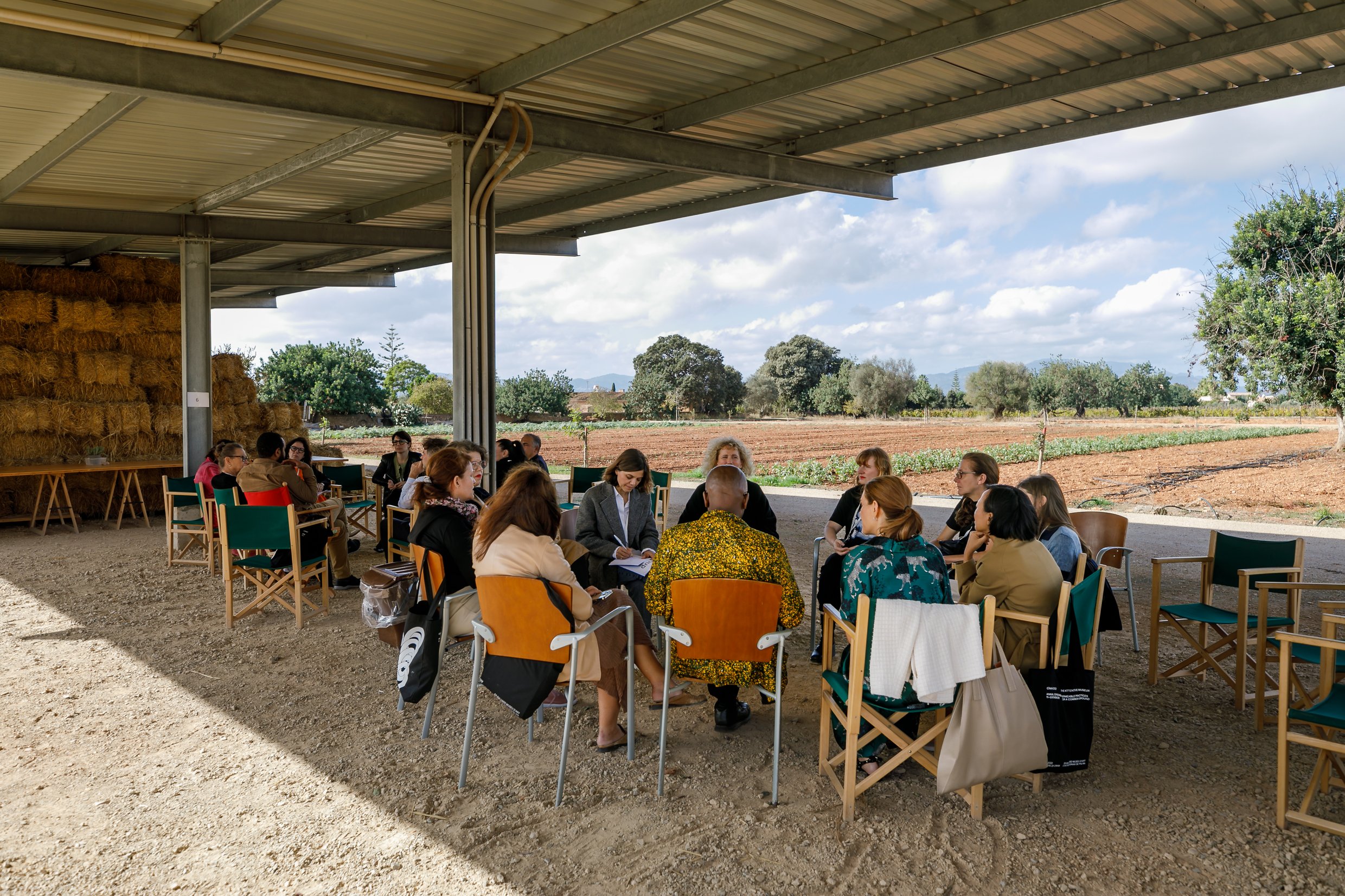Questions as a Base to Learn and Teach

22 September 2023
During the past few years, Museum Watch has been attentive to exceptional changes that are transforming museums and galleries into more open, diverse, accessible, and inclusive institutions. At the same time, we want to reflect on and speak about some difficult questions and situations that have arisen in this moment.
Many progressive leaders of art galleries and museums are responding to this moment of social and cultural transformation as they aim to strike a balance between change and continuity. Western museums, in their current form, have been tied to an Enlightenment project, particularly but not exclusively in its efforts to survey global culture. This legacy has entailed two distinct yet intertwined components: an emancipatory and critical project that stems from Enlightenment itself, which was well regarded by thinkers and activists from the global South; and elements indelibly tied to histories of colonization and oppression. How do we preserve the critical project, even as we become more aware and root out what is tied to racist and colonial histories?
We are seeing and experiencing efforts for a positive change in many institutions today and this is the result of hard work by leaders who are moving forward in coordination with their teams and boards. These institutions possess viable methodologies that include listening and being responsive to the diverse perspectives of staff, boards, artists and a variety of external constituents. They are taking on the legacies of colonialism and racism and implementing productive changes that are visible in and defined by new hires at all levels: a diversification of staff, particularly curators, along with collections as well as programs and boards. That said, our institutions must also preserve a space for critical debate. Today, this is often phrased as “difficult” or “brave” conversations – it is nonetheless important that multiple perspectives are brought to bear on the subjects at hand. By making room for multiple perspectives and opening up to more diverse notions of representation, art institutions are and will hopefully bring new and accessible histories and their accompanying narratives to their publics. There is no one-size-fits-all approach, as every institution has its own particular identity and history with respect to racism, colonialism and reconciliation. In each context, it is important for leaders to prioritize the what and how of change and to communicate this, both inside and outside the institution, while being as transparent and clear as possible.
As our institutions are transforming, we have also seen a pattern emerging in a number of instances of radical change. Sometimes one or more high-profile staff members are made redundant and asked to sign an NDA. While these stories make the press, there is very little accompanying information. Given these situations, we want to ask: do these institutions, in moments of change, have fair and transparent processes for adjudicating the disputes that inevitably arise around acquisitions, exhibitions, internal policy, hires and composition of boards? Do they have spaces for non-punitive discussions connected to controversial topics or statements? Importantly, does the institution have a mechanism for this mediation, so that it does not become the responsibility of individual racialized, queer or rising majority staff members? To different degrees, we can say policies, transparency, multiple diverse perspectives and strong communication skills can go a long way in these matters. With some disputes, it is important to slow the conversation down and look intensely at the issue and make sure all the institutional experts are at the table alongside a wider constituency of voices. More than anything, in this moment we need to find opportunities to learn and teach rather than cancel or exclude.
The CIMAM Museum Watch Committee:
- Bart de Baere, (Chair) Director, M HKA, Museum of Contemporary Art Antwerp, Belgium.
- Malgorzata Ludwisiak, Chief Curator, Department of Modern Art, National Museum in Gdansk, Poland
- Victoria Noorthoorn, Director, Museo de Arte Moderno de Buenos Aires. Buenos Aires, Argentina
- Zeina Arida, Director, Mathaf, Doha
- Agustin Perez Rubio, Independent Curator, Madrid, Spain
- Yu Jin Seng, Deputy Director (Curatorial & Research), National Gallery Singapore, Singapore
CIMAM – International Committee for Museums and Collections of Modern Art, is an Affiliated Organization of ICOM.